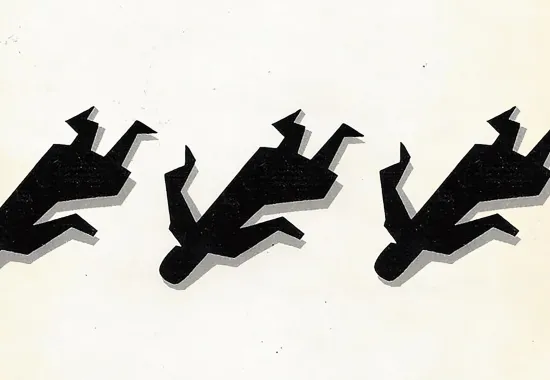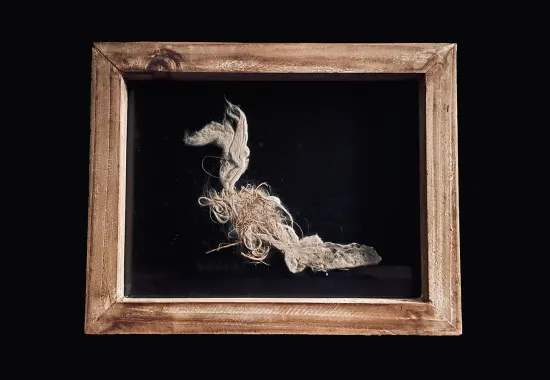On "The Singer"
This poem, "The Singer," is about the missing. It began with the image of a skull with a decoration of ribbons. The middle, that is the connective tissue, in this case, the hair—gone. That image morphed into the whole idea of "the missing piece." I don't know how or why I came up with that image but I did, grateful always for any image that falls into my lap. Talking about the missing, I am reading a book right now that I want to recommend perhaps because it too is about "the missing." In this case missing childhoods but so much more. The book, Last Witnesses: an Oral History of the Children of World War II is by Svetlana Alexievich, the Belarusian author who won the 2015 Nobel Prize for literature. The book is a collection of adult reminiscences of childhood experiences during the war—Soviet children during World War II. Here in the United States we've never really experienced war. But in these pages each personal experience of war—bombing, strafing, starvation—is seen through a child's eyes and told with a child's artlessness, neither fancied up or explained. Just straight. The author provides no background material, no history, no political agenda. In other words, there is no middleman, no comfort of someone getting in the way of the raw experience. What was it like for a four years old to run for her life, her mama dead in a ditch and she covered in blood, alone and terrified with nowhere to go. That little girl tells you. Each remembrance, two or three pages, no more. The book, devastating.
Recommended
A Behind the Scenes Look at Art Selection and Cover Design for the NAR
“Doubling and the Intelligent Mistake in Georges Simenon’s Maigret’s Madwoman”
What the Birds Showed My Wounded Child, My Adaptive Adolescent, & My Wise Adult






